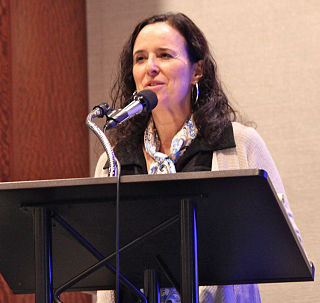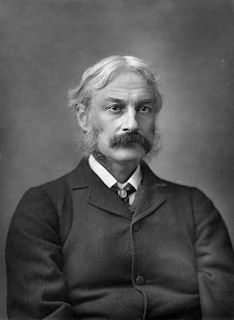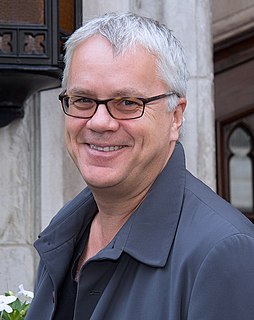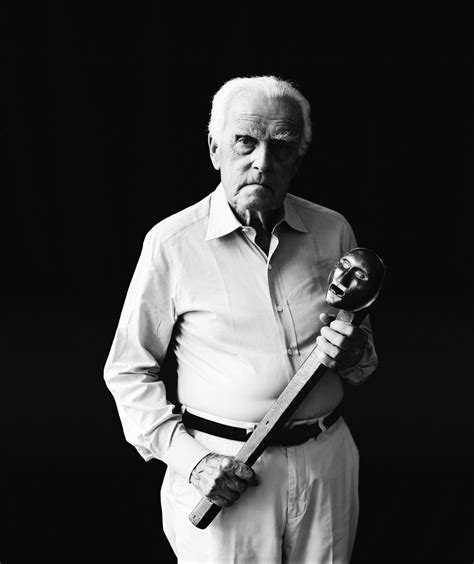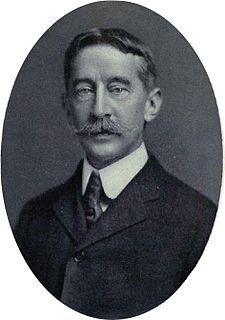A Quote by Ruth Behar
In anthropology, which historically exists to 'give voice' to others, there is no greater taboo than self-revelation. The impetus of our discipline, with its roots in Western fantasies about barbaric others, has been to focus primarily on 'cultural' rather than 'individual' realities. The irony is that anthropology has always been rooted in an 'I' - understood as having a complex psychology and history - observing a 'we' that, until recently, was viewed as plural, ahistorical, and nonindividuated.
Quote Topics
About
Always
Anthropology
Barbaric
Been
Complex
Cultural
Discipline
Exists
Fantasies
Focus
Give
Greater
Having
Historically
History
Impetus
Individual
Irony
Observing
Others
Our
Primarily
Psychology
Rather
Realities
Recently
Revelation
Rooted
Roots
Self
Taboo
Than
Understood
Until
Viewed
Voice
Western
Which
Related Quotes
Much research in psychology has been more concerned with how large groups of people behave than about the particular ways in which each individual person thinks... too statistical. I find this disappointing because, in my view of the history of psychology, far more was learned, for example, when Jean Piaget spent several years observing the ways that three children developed, or when Sigmund Freud took several years to examine the thinking of a rather small number of patients.
The object is evident in the name of the discipline. Similarly, theology (theologia) is the study of God. The object of theology is not the church's teaching or the experience of pious souls. It is not a subset of ethics, religious studies, cultural anthropology, or psychology. God is the object of this discipline.
Maybe each human being lives in a unique world, a private world different from those inhabited and experienced by all other humans. . . If reality differs from person to person, can we speak of reality singular, or shouldn't we really be talking about plural realities? And if there are plural realities, are some more true (more real) than others?
For Immanuel Kant, the term anthropology embraced all the human sciences, and laid the foundation of familiar knowledge we need, to build solidly grounded ideas about the moral and political demands of human life. Margaret Mead saw mid-twentieth-century anthropology as engaged in a project no less ambitious than Kant's own, and her Terry Lectures on Continuities in Cultural Evolution provide an excellent point to enter into her reflections.
Manliness has been defined as assertion of the self. Womanliness has been defined as the nurturing of selves other than our own - even if we quite lose our own in the process. (Women are supposed to find in this loss their true fulfillment.) But every individual person is born both to assert herself or himself and to act out a sympathy for others trying to find themselves - in Christian terms, meant to love one's self as one loves others ... Jesus never taught that we should split up that commandment - assigning 'love yourself' to men, 'love others' to women. But society has tried to.
